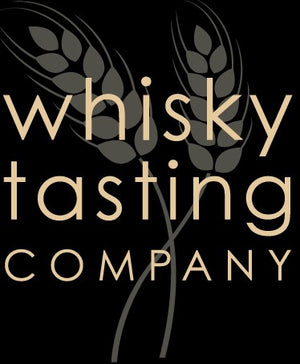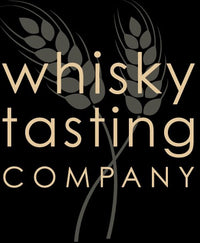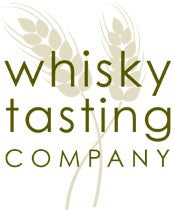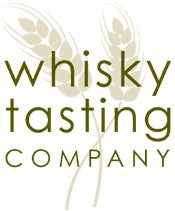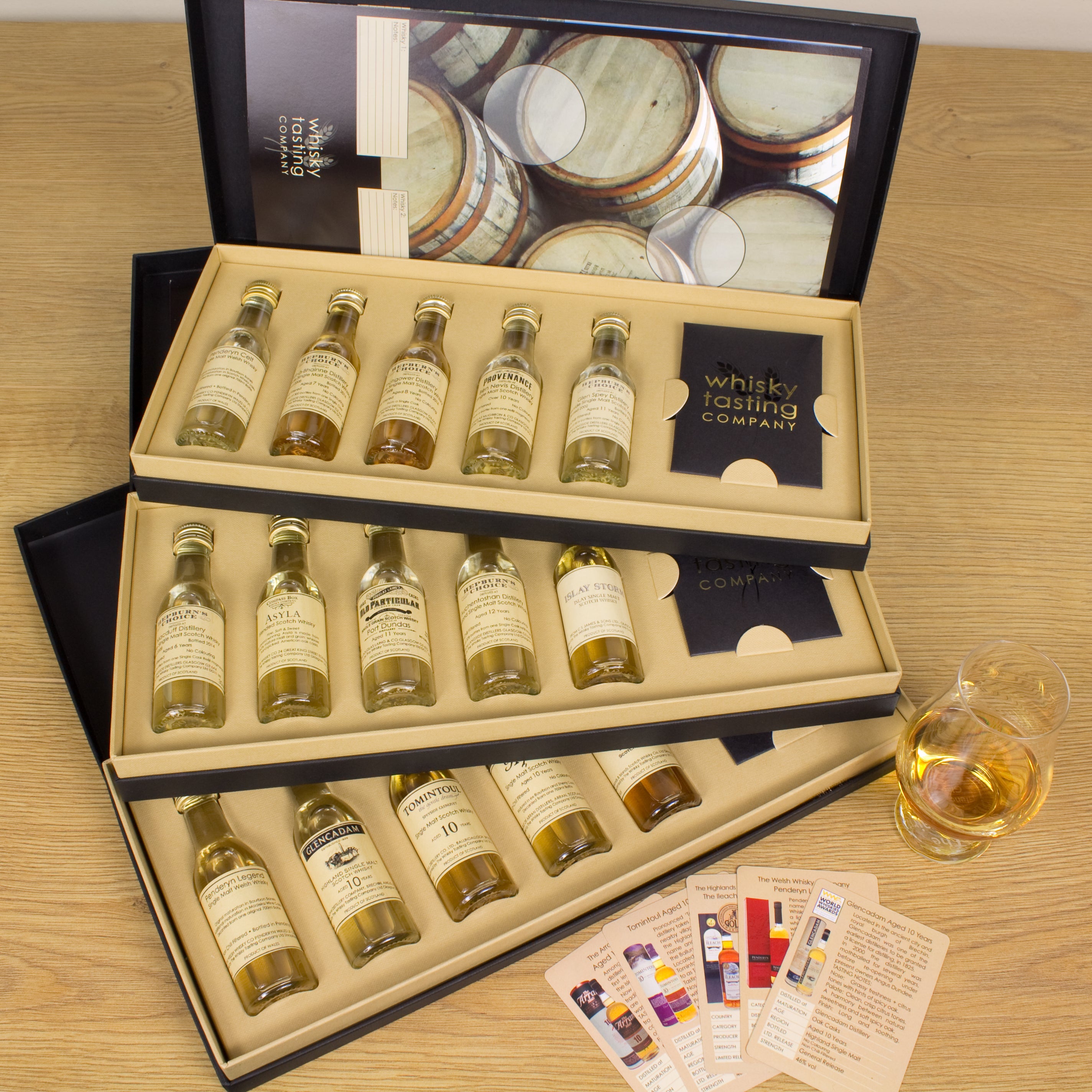How is Whisky Made?
Whisky making is a craft that is honed and perfected over time, but how exactly is it done? Whilst different whisky brands will have their tactics to get their specific tastes, whisky follows a specific pattern to being made.
Here are the basic steps that are taken to make whisky.
How Whisky is Made
Whisky production will typically follow the steps below:
Malting
Malting is the first step, here grains like wheat, corn, barley or rye are soaked in water to germinate. This germination process sees enzymes activated that are turned into sugars which are used in the next step.
Mashing
The sugars in the grain need to be extracted before fermentation and this is done through mashing. The grains being used are put into a large tub with hot water and agitated. Once this begins you get a consistency similar to porridge, this mixture is known as mash.
Fermentation
During the fermentation process, the sugars are turned into alcohol. The mash is transferred to a fermentation vessel (called a washback), which is usually made of stainless steel or wood, and yeast is added to encourage fermentation. This process can take anywhere from 48 to 96 hours. Flavours of whisky can begin here by using different yeast and fermenting at various times. Once fermentation has finished, you’re left with a liquid with a typical ABV of 7-10%.
Distillation
The distillation process increases the alcohol content as well as removes impurities. This is done in copper stills, which typically come in two varieties, a pot still and a copper still.
Whisky is usually distilled twice, but can sometimes be done more, this is done to achieve a certain alcohol content and flavour profile.
Maturation
Typically the most lengthy part of the whisky-making process is maturation, unless it’s corn whisky which can be aged or unaged.
Almost every whisky is aged in wood barrels, mostly oak. American whisky has to be aged in freshly charred oak barrels, whereas other countries can choose the type of wood for their barrel and if it will be a new or used barrel.
Maturation can last for several years and sometimes decades; typically, they’re stored in warehouses during the maturation process. Here they’ll sometimes lose some of their alcohol content which is evaporated into their air. This is known as ‘the angel’s share’ and gives the warehouses a beautiful smell.
Bottling
Once the whisky has been matured, it’s bottled up with an ABV of at least 40%. Sometimes it can be filtered to ensure that it doesn’t go cloudy when mixed with water or ice. When large whisky brands are bottling up they’ll typically use multiple barrels. However, if only one barrel is bottled at a time, this is referred to and labelled as a single cask or single barrel.
How does whisky taste different then?
So, if each of the different brands is following the same production process, how do they manage to taste so different? Whilst there may be strict regulations that have to be followed, distillers are still able to get creative and introduce their flavour profiles.
Each of the steps above that are followed to make whisky, can be manipulated to create a different taste and influence the final product.
During maturation, the whisky will interact with the wood of the barrel, and here the flavour profile will be created. It extracts flavours like oakiness, tannins and vanillin. During the ageing process, whisky also mellows and develops complexity. Factors like barrel size, age of the barrels and the type of oak used, all influence the final flavour profile.
What is whisky made from?
Essentially, whisky is made from three ingredients, grains, yeast and water. The specific process is what turns it into whisky.
How long does it take to make whisky?
The overall process from malting, mashing, fermenting, distilling, ageing and bottling, can take anywhere from several years to several decades. This lengthy process is one of the reasons why whisky is such a superior, complex and distinct product.
When was whisky first made?
There is much of a debate about when whisky was first made, with suggestions that it could go as far back as the Egyptians and Greeks who used distillation techniques.
However, the earliest documented evidence dates back to the mediaeval time in Ireland and Scotland, Christian monks are supposed to have used distilled spirits for both recreational and medicinal reasons.
Whisky’s precise origins might be hard to pin down exactly. Still, it’s safe to say that whisky in some form or another has been around for thousands of years, and throughout history, it has been influenced by different civilisations through the ages.
